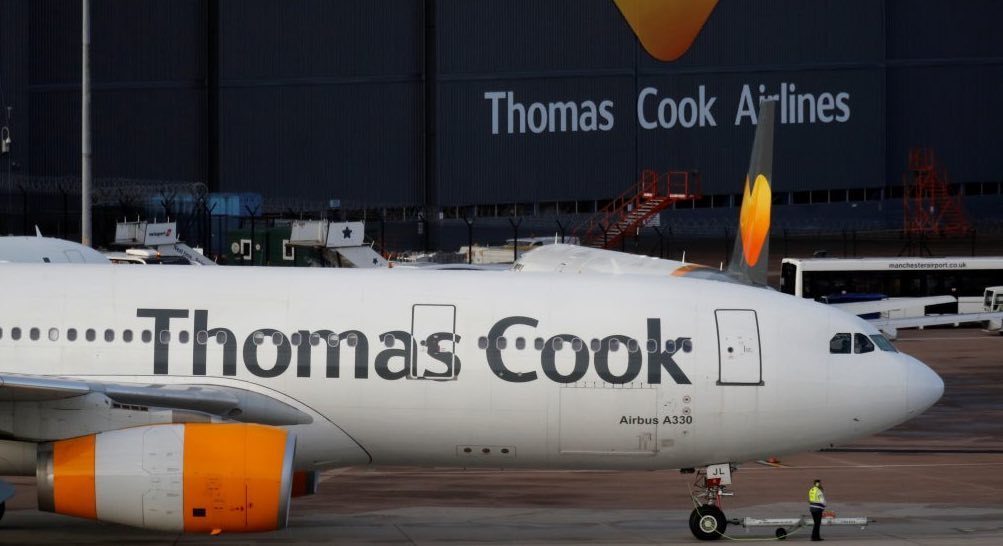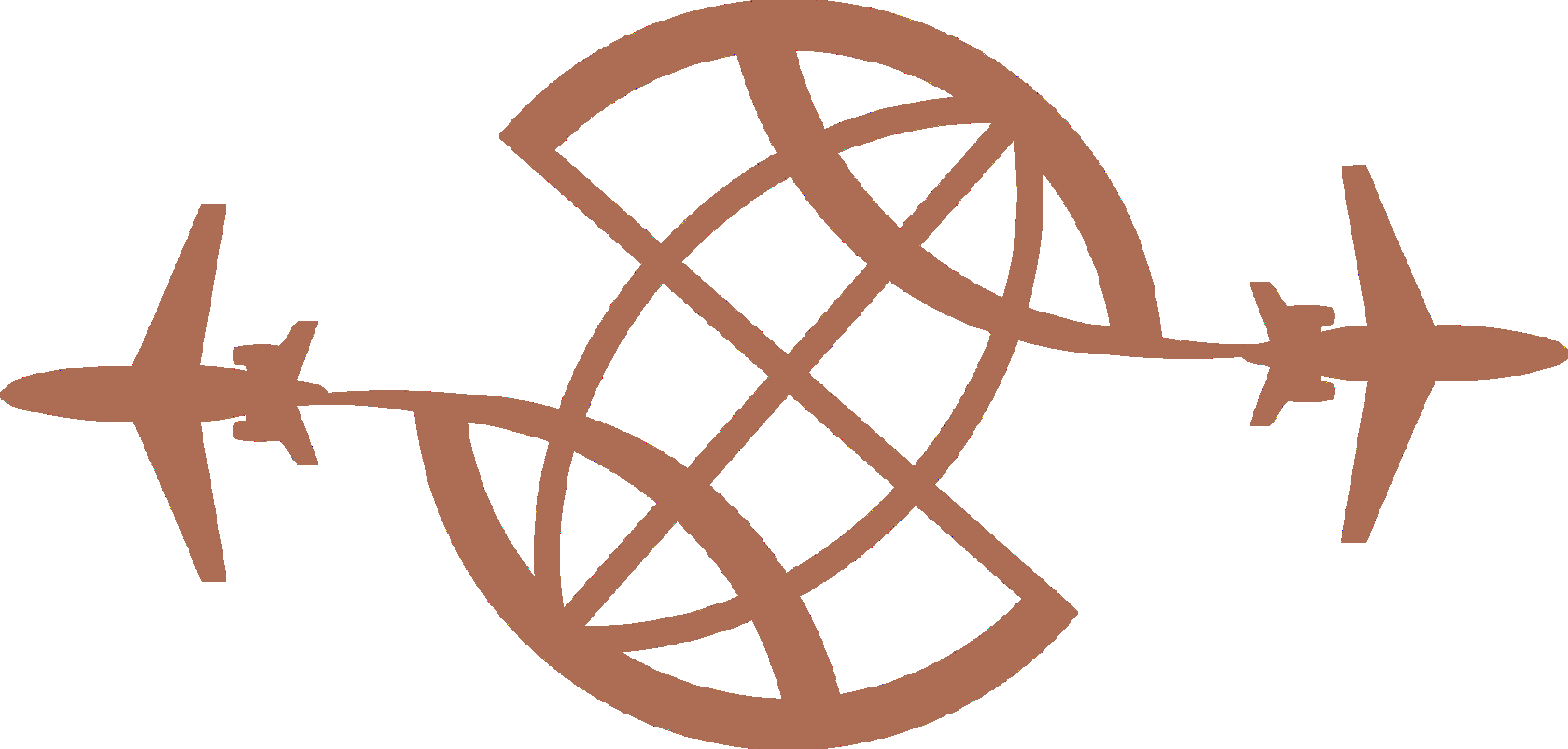Today, there is no competition in the market among airlines that would strive to gain passenger loyalty; there is only competition among leasing companies that seek to build up assets and increase market share in order to extract multi-million dollar profits. More than half of all aircraft operated by airlines belong to leasing companies and their investors. Between 80% and 100% of airline planes that have gone bankrupt in the last 5-7 years - Monarch, Air Berlin, Azurair Germany, Air Italy and Meridiana, Cobalt, Primera, Small Planet, SkyWork, Germania, Flybmi, WoW Air, Aigle Azur, XL Airways - were leased from leasing companies, and less than 50% of leased aircraft in the fleet of airlines that have existed on the market for more than 20 years and have not had major structural changes, such as Delta or American Airlines. New airlines are forced to take the path of least resistance, building work with leasing companies that are more willing to lease aircraft to start-up airlines at high leasing tariffs, motivating their decision with high risks. Once on the hook, such airlines are forced to pay high leasing tariffs, observing the terms of leasing agreements. A strong dependence on the market makes airlines, without their own assets on the balance sheet, too vulnerable to loss of profit due to seasonality factors or market shocks triggered by financial or political crises. The absence of assets on the balance sheet of the airline does not allow attracting credit funds against the security of its own fleet or resorting to its sale in forced circumstances. Instead, airlines are forced to work on the verge of profitability and stop operations in the event of a negative balance. A halt in operational activity is always the dismissal of thousands or tens of thousands of employees, wage arrears, thousands or tens of thousands of passengers stuck at airports. Not a single economy of the world, even the most successful, is able to employ, in a short time, such a number of people who have lost their jobs at once. Any bankruptcy of airlines is always an emotional shock and a painful shock for the economy. Other market participants are often not able to compensate for the loss of capacity in the market and satisfy the demand for destinations flights, the creation of new airlines requires time and money, and therefore, the cost of transportation tariffs increases, so leasing tariffs increase also. This dependence leads to new bankruptcies before the market manages to recover from previous shocks.
Recent statistics show that the number of successful startups is significantly inferior to the number of airlines that left the market. It becomes practically impossible to create an airline from scratch, most of the businessmen refuse the idea, having encountered difficulties in attracting investments. The series of airline bankruptcies, in the last 5-7 years, discourages investors from direct investments and complicates the methods of raising capital on favorable terms. Banks refuse to finance startups, providing collateral for startups in the aviation industry is also extremely difficult. Most managers who want to open their own airline have nothing but ideas and experience. By refusing to finance start-up airlines, banks and private investors make a fatal mistake, forgetting that experience in the aviation industry is the most valuable asset and the best guarantee of return on investment. Investors should not invest in assets, but in a team of performers, a brand and / or its history. Instead of investing in people and their ideas, banks and private investors invest in airplanes. The human asset in the aviation industry has never been rated so low. Aircraft is only a tool that is not able to generate profit, without a general business structure and human participation in it.
Leasing business is a dead end. Investors, in cooperation with leasing companies, invest in the acquisition of aircraft, with a view to their subsequent leasing to market participants. But if the industry continues to lose airlines, then sooner or later there will be no one to lease aircraft. An excess of offers will reduce leasing rates, which means it will reduce the profitability of investors and will slow down the return on investment. Such investments will become less attractive, which means investors will leave the leasing business in search of better deals. Today, a capacity surplus is already felt and many leasing companies are grabbing at any opportunity to offer assets on lease.
Banks and private investors need to rethink their investment strategies and look at airlines with their own assets on the balance sheet, as well as start-up airlines wishing to purchase aircraft, for subsequent operation on their routes. Airlines should become owners of assets and acquire such assets through affordable bank loans or by attracting funds from private investors on mutually beneficial conditions.
An administrative resource is needed that will be able to regulate the work of leasing companies and banks, and will encourage investment in existing airlines and startups. This will save airlines from bankruptcy by stimulating their own business, diversifying assets and responsible risk management, which means that they will save tens or hundreds of thousands of jobs, as well as guarantee safe travel for tourists. Such priorities will return competition among airlines, which will fight for loyalty in order to satisfy the interests of passengers, and only then investors.
Evgeny Mitelev, CEO

